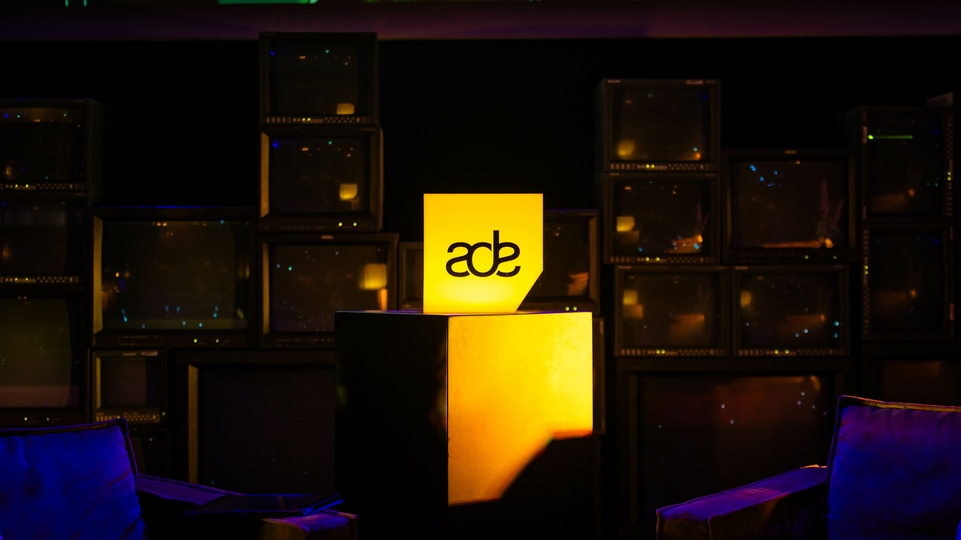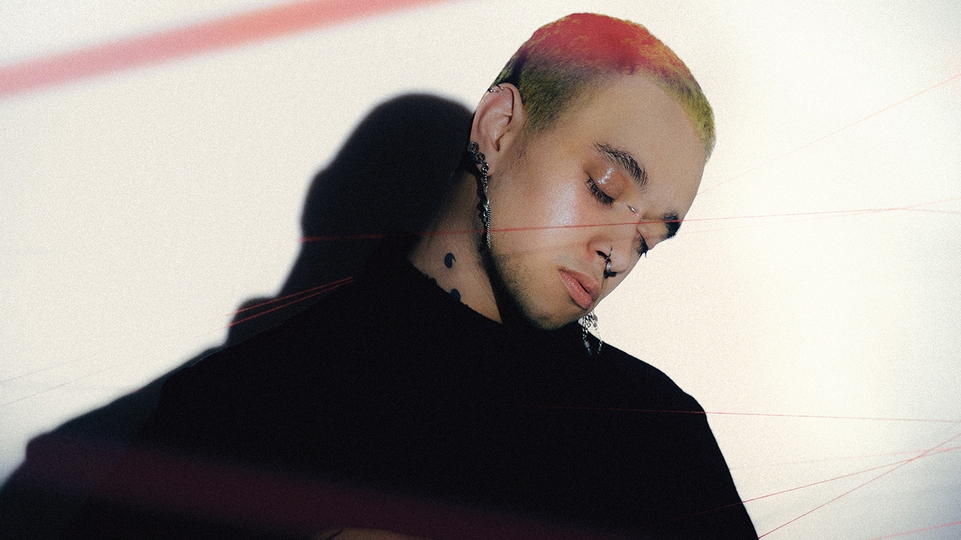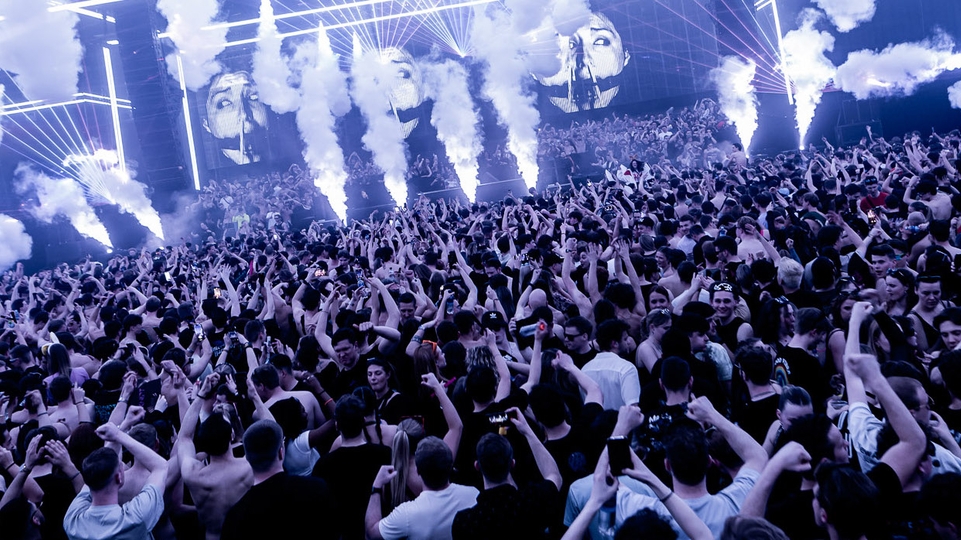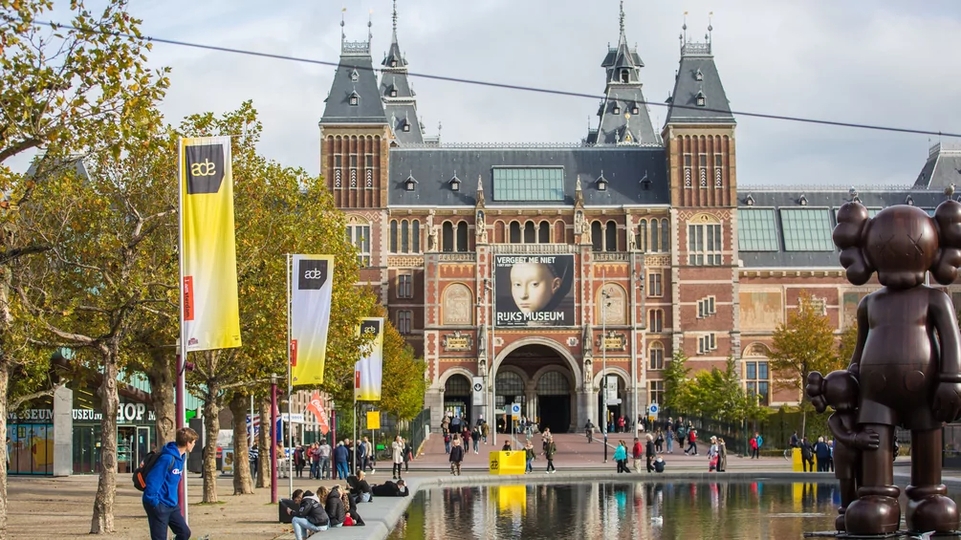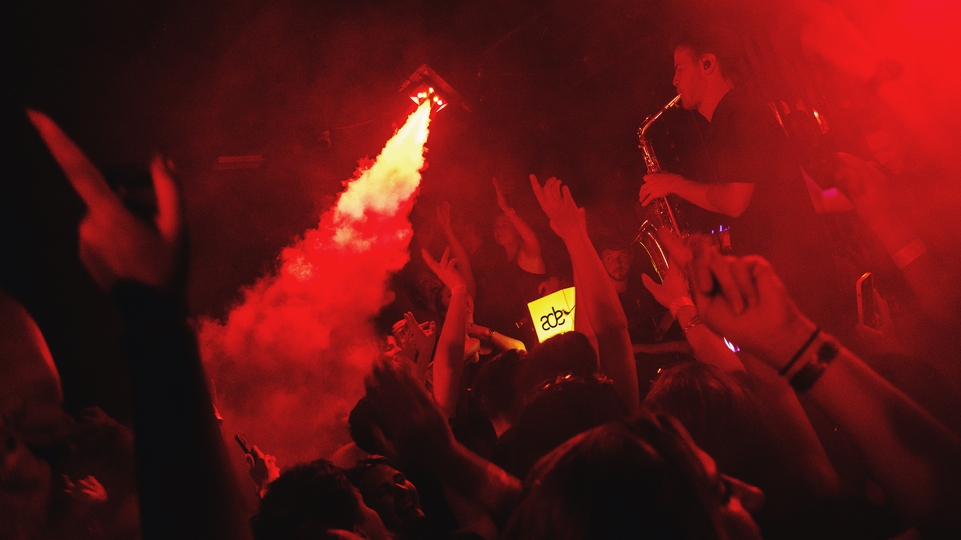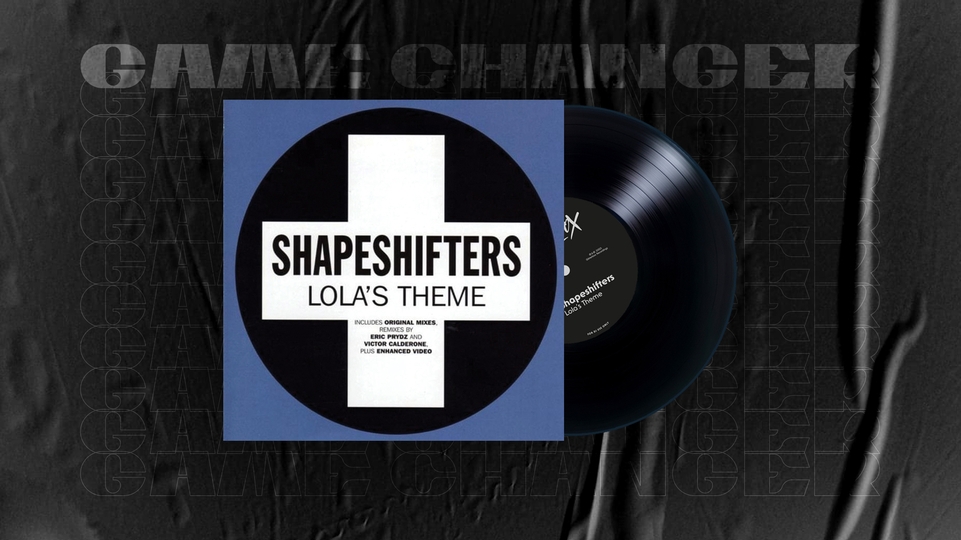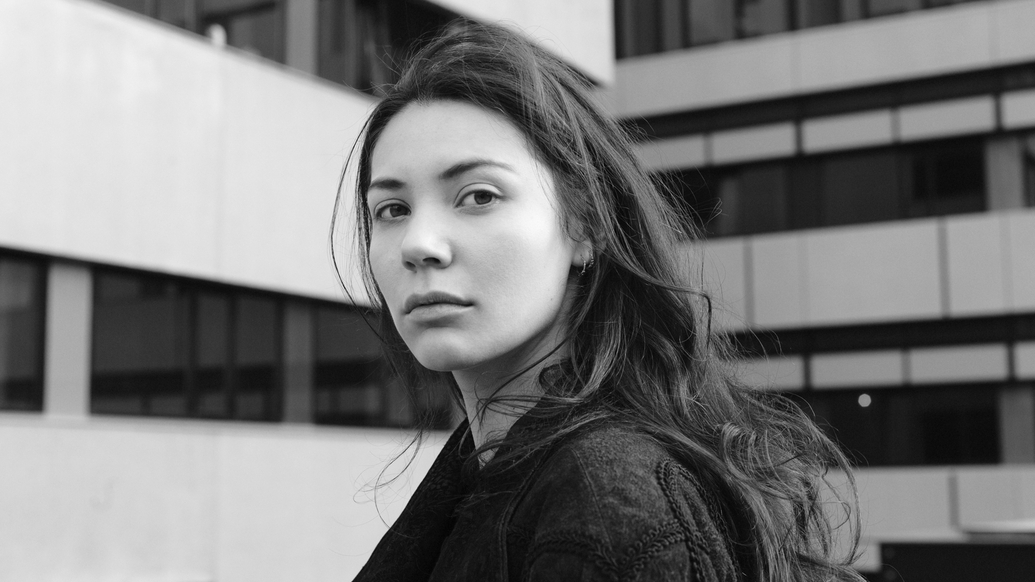
Positive vibrations: Kamma
With an unrestrained take on disco, house and funk, Amsterdam’s Kamma is a star in the making. Ahead of several performances this year’s ADE, we caught up with her to chat about parental advice, local inspirations, and why it’s all about the good vibes
It’s a glorious August afternoon in Amsterdam. Boiler Room is streaming live from Dekmantel Festival’s recognisable corrugated steel tunnel. Kamma has only just dropped the needle on her first record, but she’s already swaying her hips and clapping along with an enormous smile. An irresistibly squelchy bassline gets the crowd punching the air and when the disco diva vocals hit, she sings along in an exaggerated fashion.
The next hour finds her and best friend Masalo work through disco, acid, Afro, and a range of percussive records, while San Proper looks on approvingly. She over-emphasises her actions when she kills the bass and drops it back in, the happy dancers behind her erupt every time. It’s a fun, free, and expressive set, and an unofficial coming of age for the latest exciting talent to emerge from the fertile Dutch capital.
“It was definitely fun, the energy in that room was crazy,” says Kamma. She’s now at home on a rainy afternoon — in her pyjamas, drinking coffee, as she likes to do — but is just as upbeat. “Many friends were stood in front of us, screaming and dancing, so it actually felt like an intimate party and we totally forgot about the cameras. When Masalo and I play together, we give 100% of ourselves and we like to make a party. Good vibes only!”
The pair first met on the dancefloor in 2009, at Amsterdam club Trouw. Local legend KC the Funkaholic was playing and, at the time, Kamma didn’t have many friends she could talk to about music. She particularly looks up to KC, so she was excited to see someone else enjoying themselves as much as she was. “Before, I could only share music talk with my parents, so when I met Masalo it felt like I finally found a buddy!”
Her parents were both working DJs in the ’80s and ’90s. They played mainly jazz, funk, and disco, but when they were turned on to house and acid, “they immediately fell in love with the sound of electronic music. They are really open-minded to all kinds of stuff, and they love the electronic music that I play now.”
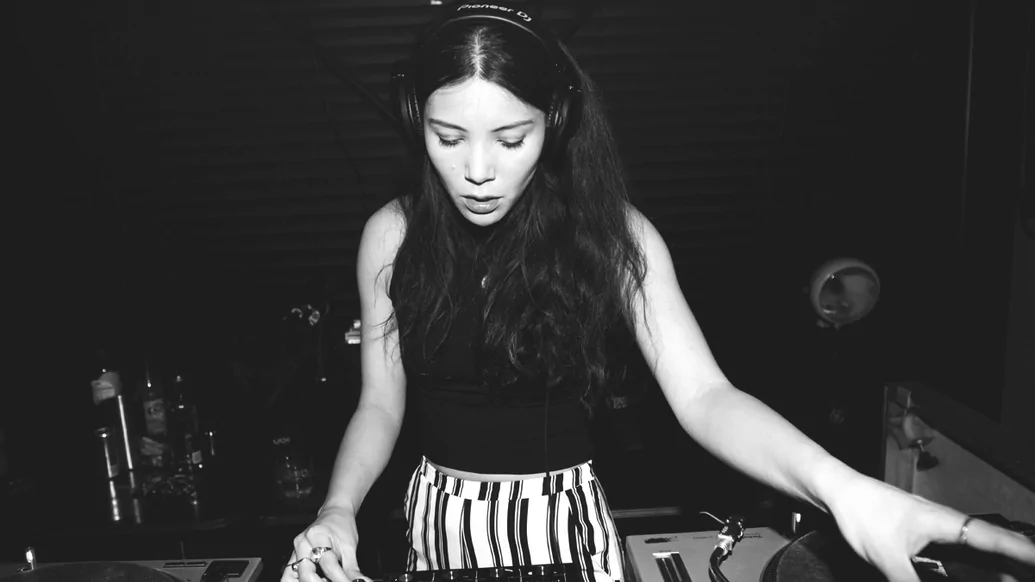

Despite the knowledge that her parents have, Kamma says she rarely asks them for advice, admitting, “I’m way too stubborn for that.” In fact, when she was a kid, she didn’t like her parents being DJs. “The house was full of records and they were both gone five nights a week, so I had many babysitters.” She even goes so far as to say she felt “ashamed” when she had to tell other kids about her parents’ job.
In turn, they recognised how much a nocturnal life took from them. They pushed Kamma away from DJing and encouraged her to study for a more traditional and respected role, like a doctor or a lawyer. “DJs back in the day didn’t make much more money than somebody working behind the bar, and most of the income was spent on vinyl,” says Kamma, “so you can imagine that we weren’t living a glamorous life.”
Kamma started going clubbing when she was at university and after she graduated, she decided to take a break to focus on music. Her parents supported her “because they saw how much happier I was working with music instead of studying”.
Nowadays, she goes digging through her dad’s collection to discover music she doesn’t know, and will often check with him to see if he has a record before she buys it on Discogs. He often will. “Looking back, I think it was a good thing that they discouraged me from becoming a DJ in the first place, because I would have become a full-time music freak right after high school and I’d never have got my bachelor’s degree.”
As it turns out, her musical education was just as important as her academic one. Initially, Kamma listened to a lot of Roy Ayers, John Coltrane, Guru’s Jazzmatazz, “and everything Masters At Work touched. They had everything on vinyl of course, but I downloaded it so I could listen to it on my own.” All those sounds still colour her sets, and very much fits in with the eclectic Amsterdam sound that's made stars of DJs like Antal and Hunee.
She cites them both as a big inspirations, having often seen them play Rush Hour parties at Trouw. “I like to play a lot of percussive stuff or proper disco, but not for two hours straight,” she tells us. “I like to play banging stuff or deeper and [more] abstract sounds, but not all night. When I started going out, I didn’t know many DJs who played both styles. It was either soulful disco stuff or tech-house. So for me — as a DJ, just starting out, who liked to play a lot of sounds — it was sometimes a struggle to find my musical identity. Antal and Hunee showed me that it was possible to play anything you want, as long as you presented it in a good way.”
Kamma reckons that the things that unite her broad taste are “energy, emotions, and vibes” — what defines the Brighter Days party she co-runs with Masalo. It’s a cosy get-together with curated lighting, a powerful soundsystem, and a DIY vibe. “It’s a colourful party for all kinds of people from different ages and cultures,” explains Kamma. “There are old-school heads and dancers from back in the day, to kids who are music freaks, to people who don’t know much about that but just like to party on good music!” Guests like Hunee, Kuniyuki Takahashi, and Ge-ology have helped to make it a cult favourite, adding something new and fresh to the vibrant Amsterdam scene.
This month, of course, sees ADE return to Amsterdam, which Kamma sees as party time rather than business time. For her, networking is best done at the club or record shop. She’ll be playing at Brighter Days with DJ Spinna in Doka Studio, a basement in the Volkshotel “with a massive soundsystem, acoustic treatment, and a custom made DJ booth with loads of dope gear, like the Alpha Recordings Mixer Model 9900, a Space Echo, and an Avalon preamp.” She’ll also be hitting up Rush Hour’s in-store parties, and playing DJ Mag's live stream party with Floating Points on October 17th at Claire.
Kamma says she is a summer person, so with the arrival of autumn she becomes someone who prefers to be at home in her “woman cave, making music for days and not meeting up with anybody.” She’s dabbled with production and piano for years, playing on her fathers keyboard as a child. We’re yet to hear any official productions but apparently they’re not far away, and will have drawn influence from African percussion, house, disco, new wave, and techno. “I’m an honest and authentic person when it comes to emotions and moods,” says Kamma. “So when I’m happy and excitable, I share it with people around me and I can be all over the place.”
We can’t wait to hear that she has in store.
